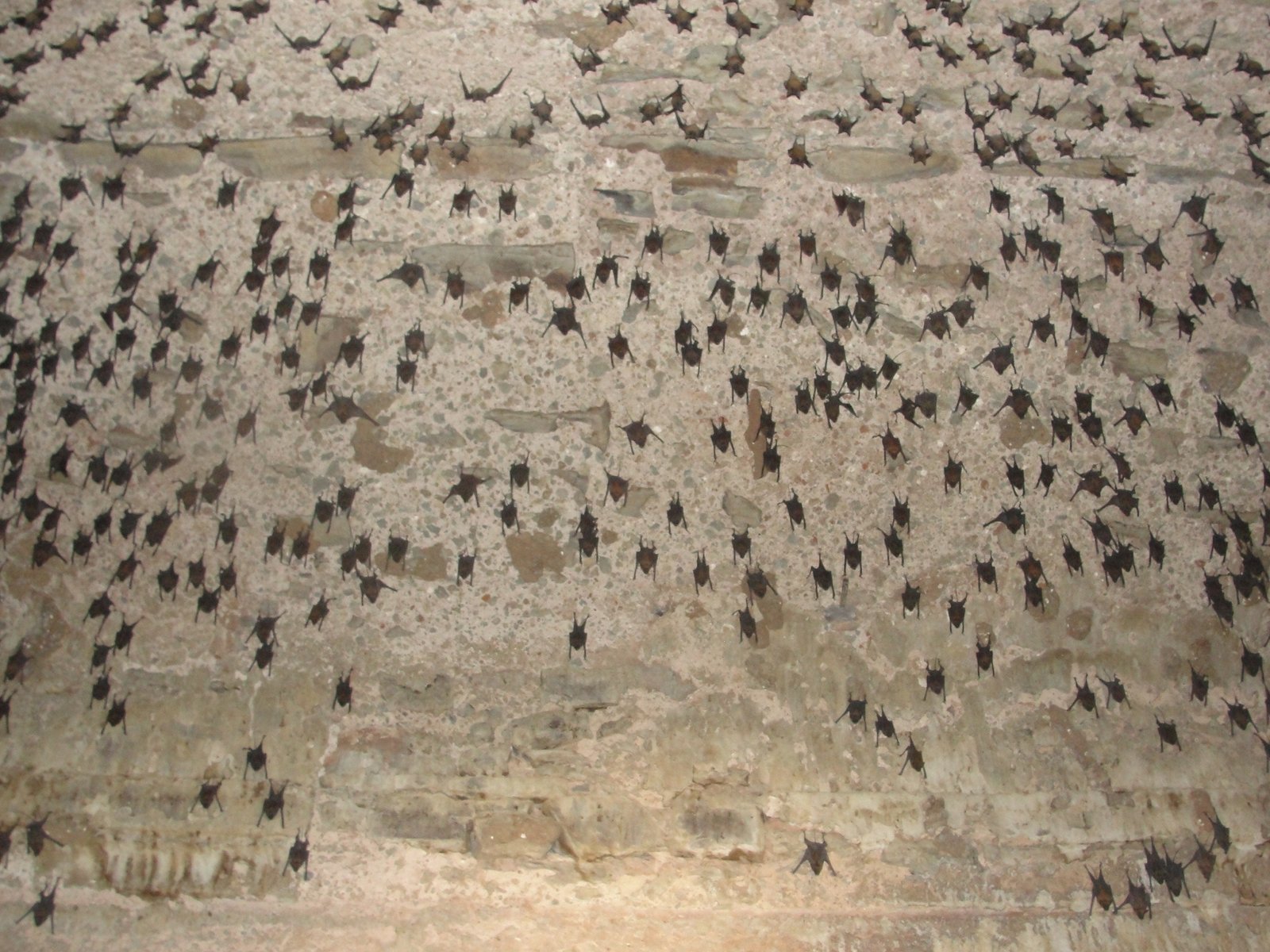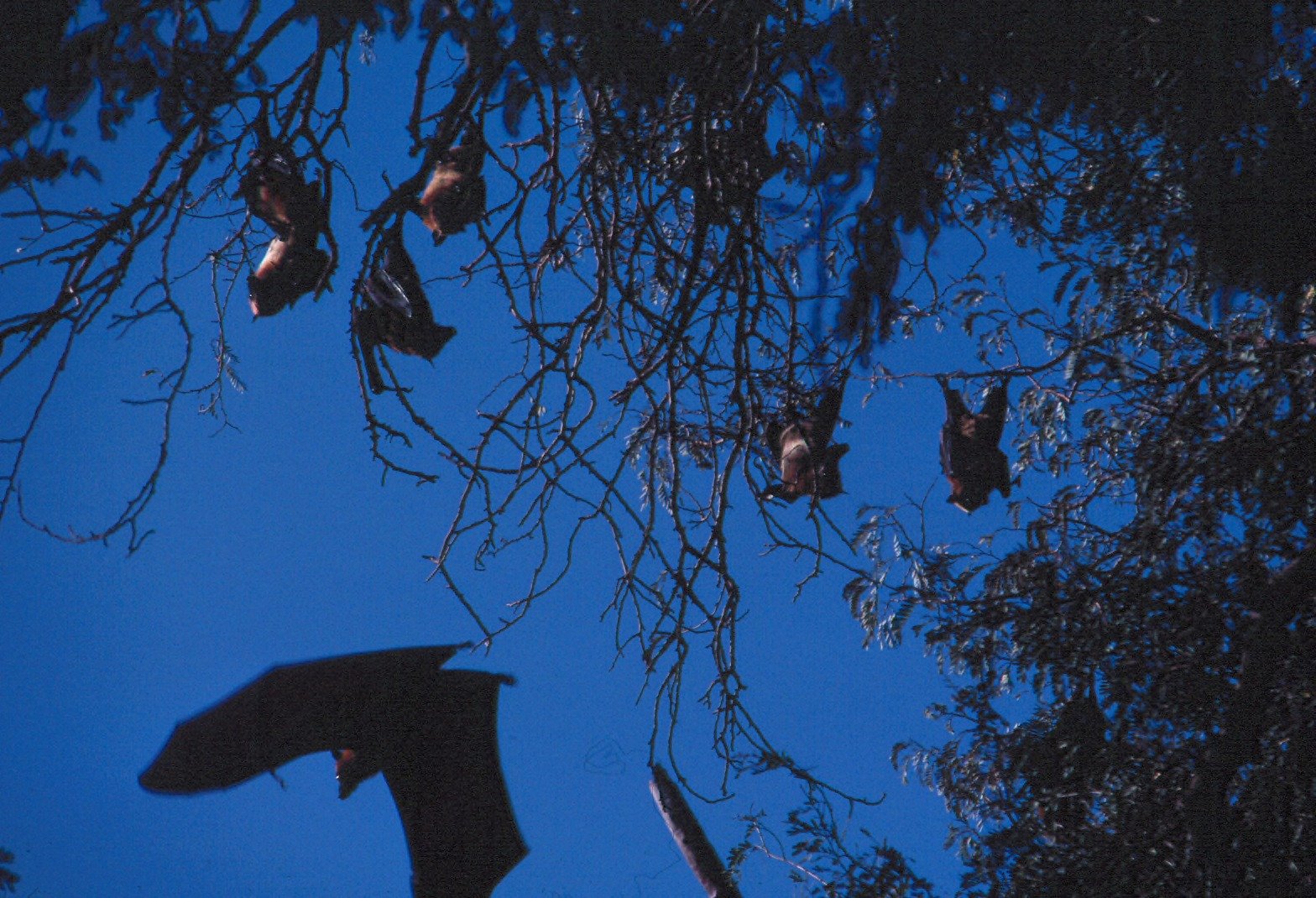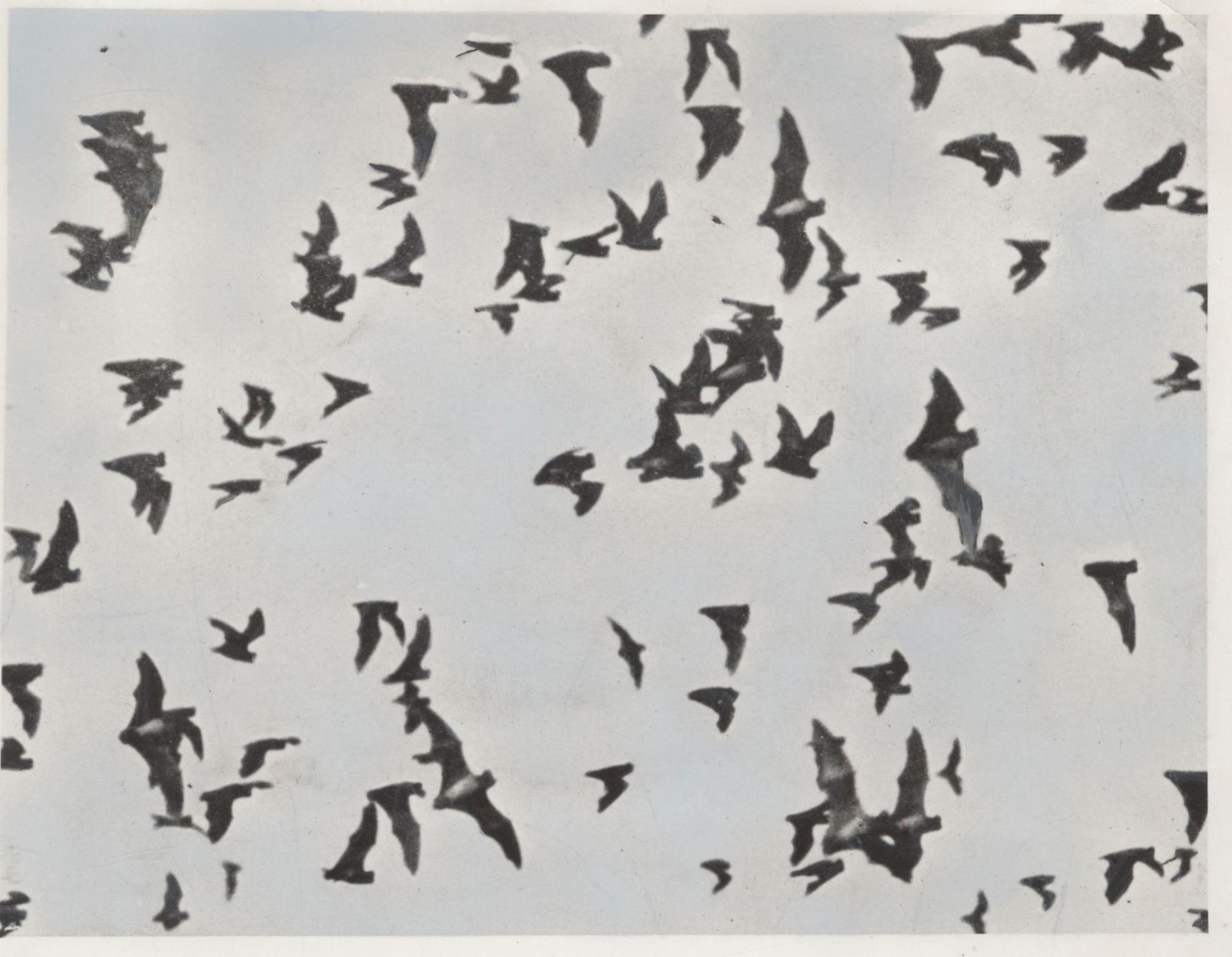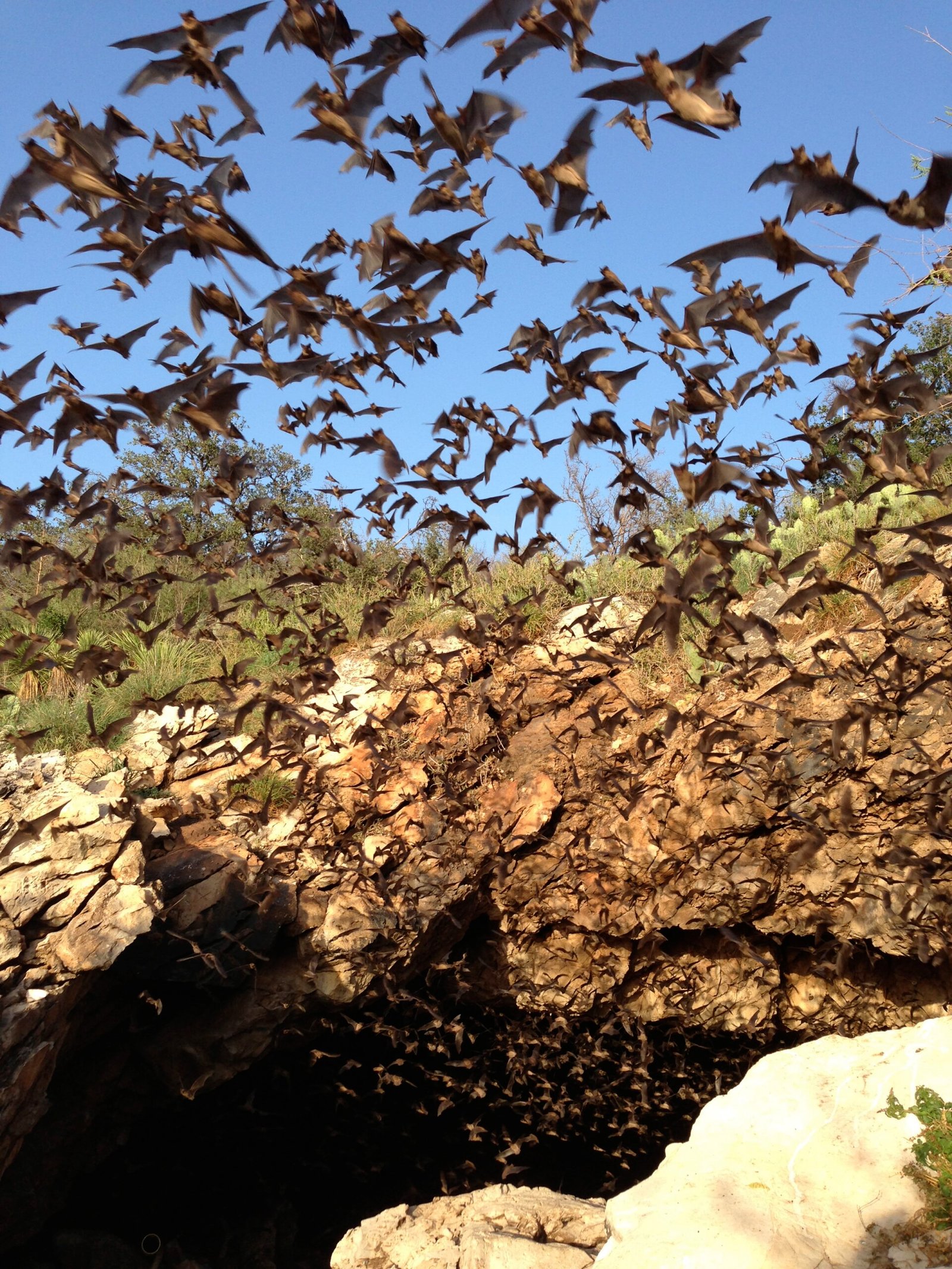Imagine a world cloaked in darkness, where the flutter of wings signals not just movement, but a complex society built on trust, memory, and even a little bit of gossip. Bats, those mysterious creatures of the night, have long fascinated us with their uncanny abilities. But what if I told you that their social lives are as dramatic and intricate as any human soap opera? Recent scientific discoveries have uncovered a remarkable truth: bats not only communicate about one another, but they also remember—sometimes for years—who treated them fairly and who tried to cheat them. This revelation is both astonishing and deeply moving, reshaping everything we thought we knew about these nocturnal mammals.
The Hidden Social Lives of Bats

Bats are often seen as solitary, enigmatic animals flitting through the night. In reality, many bat species live in highly social groups, forming close-knit communities in caves or tree hollows. Within these colonies, individuals rely on cooperation for survival, sharing food and warmth to endure harsh conditions. These bonds are not random; bats form friendships, much like humans, and nurture these relationships over time. The more scientists observe bats, the clearer it becomes that their social systems are built on trust, reciprocity, and an intricate web of social connections.
Food Sharing: The Heartbeat of Bat Society
Vampire bats, in particular, are famous for their food-sharing rituals. After a night of hunting, a successful bat may regurgitate blood to feed a hungry friend who failed to find a meal. This act of sharing is not just charity—it’s a lifeline, as bats can only survive a couple of days without food. But food sharing comes with strings attached. Bats remember who helped them in the past and are more likely to return the favor to those who have proven trustworthy. This system of give-and-take is a delicate balance, underpinned by keen memory and careful observation.
Gossip in the Shadows: How Bats Spread the Word

One of the most surprising discoveries is that bats can communicate information about others within their group. If a bat cheats—by begging for food and then failing to reciprocate—word gets around. Scientists believe that bats use vocalizations and subtle cues to share news about who is reliable and who is not. This form of “gossip” helps maintain social order, ensuring that cheaters are held accountable. The idea that bats might talk about each other is both hilarious and profoundly human, blurring the line between animal instinct and conscious social strategy.
The Power of Bat Memory
Bats possess extraordinary memories, especially when it comes to social interactions. Studies have shown that bats can remember individual group members and their past behaviors for months, sometimes even years. This long-term memory allows bats to track who has shared with them and who has let them down. Such memory skills are rare in the animal kingdom and are usually associated with highly intelligent species like dolphins or primates. The fact that bats have this ability is a testament to their cognitive sophistication.
Cheaters Never Prosper: Consequences in Bat Communities
When a bat repeatedly cheats by refusing to share food, the consequences are swift and severe. Other bats will begin to avoid the cheater, refusing to share meals in return. In some cases, cheaters may find themselves isolated, cut off from the social support that is vital for survival. This social policing ensures that cooperation remains the norm and that the group as a whole thrives. The lesson is clear: in bat society, kindness and fairness are rewarded, while selfishness leads to exclusion.
Why Bats Remember: The Science Behind Reciprocity

Reciprocity—the exchange of favors over time—is a cornerstone of bat society. Scientists believe that this system evolved because it maximizes survival for all members of the group. Bats that remember and reward helpful friends are more likely to receive help themselves when they need it. This creates a network of mutual support, reducing the risk that any one individual will go hungry. The science behind this behavior is rooted in evolutionary biology, showing how cooperation can arise even among creatures who must compete for limited resources.
Vocal Signatures: Identifying Friends and Foes
To navigate their social world, bats rely on unique vocal signatures. Each bat has its own distinctive set of calls, which can be recognized by others in the group. These vocalizations serve as a kind of social passport, allowing bats to identify friends, remember past interactions, and avoid those who have been untrustworthy. It’s a remarkable adaptation, akin to human names or faces, that enables bats to maintain complex social networks in the darkness of night.
The Emotional Side of Bat Relationships
It’s easy to think of bats as cold or mechanical, but their social lives are full of emotion. Researchers have observed bats grooming each other, comforting friends in distress, and showing clear signs of affection. These emotional connections make the sting of betrayal even more powerful—when a bat cheats, it’s not just breaking a rule, it’s letting down a friend. The emotional depth of bat relationships is a poignant reminder that the bonds of trust and loyalty are universal, cutting across species lines.
Lessons from the Bat Cave: What Humans Can Learn
The way bats handle cheating and gossip offers valuable lessons for humans. In both bat and human societies, trust is the glue that holds groups together. When that trust is broken, relationships suffer and the whole community can be affected. Bats show us that even in the animal kingdom, fairness and accountability matter. Their ability to remember and respond to the actions of others is a powerful example of how social animals can create stable, supportive communities.
The Future of Bat Research

As scientists continue to unravel the mysteries of bat behavior, new discoveries are challenging our assumptions about intelligence and social complexity in animals. The study of bat gossip and memory is still in its early days, but it promises to shed light on how cooperation evolves and is maintained in the natural world. With each new revelation, bats emerge not as faceless creatures of the night, but as vibrant, social beings with rich inner lives.
Reflections on the Night: The Secret Lives of Bats

Bats, with their hidden societies and silent conversations, remind us that the animal world is full of surprises. Their ability to gossip, remember, and hold each other accountable reveals a level of social complexity that few would expect. Next time you see a bat flit across the evening sky, remember that you are witnessing the flight of a creature with a mind as sharp and a heart as loyal as any human friend. Who would have guessed that in the darkness, bats are keeping score—and keeping each other honest?



